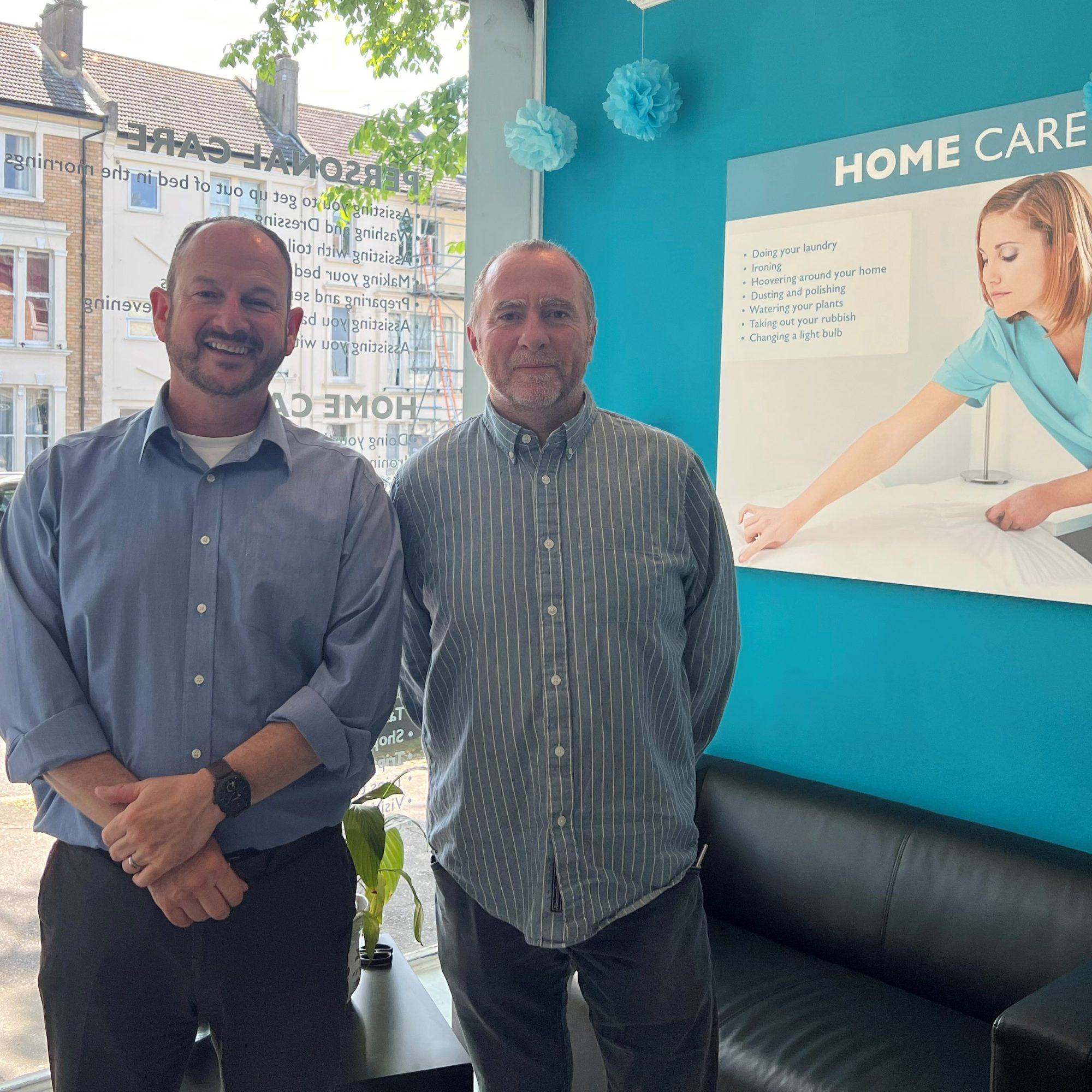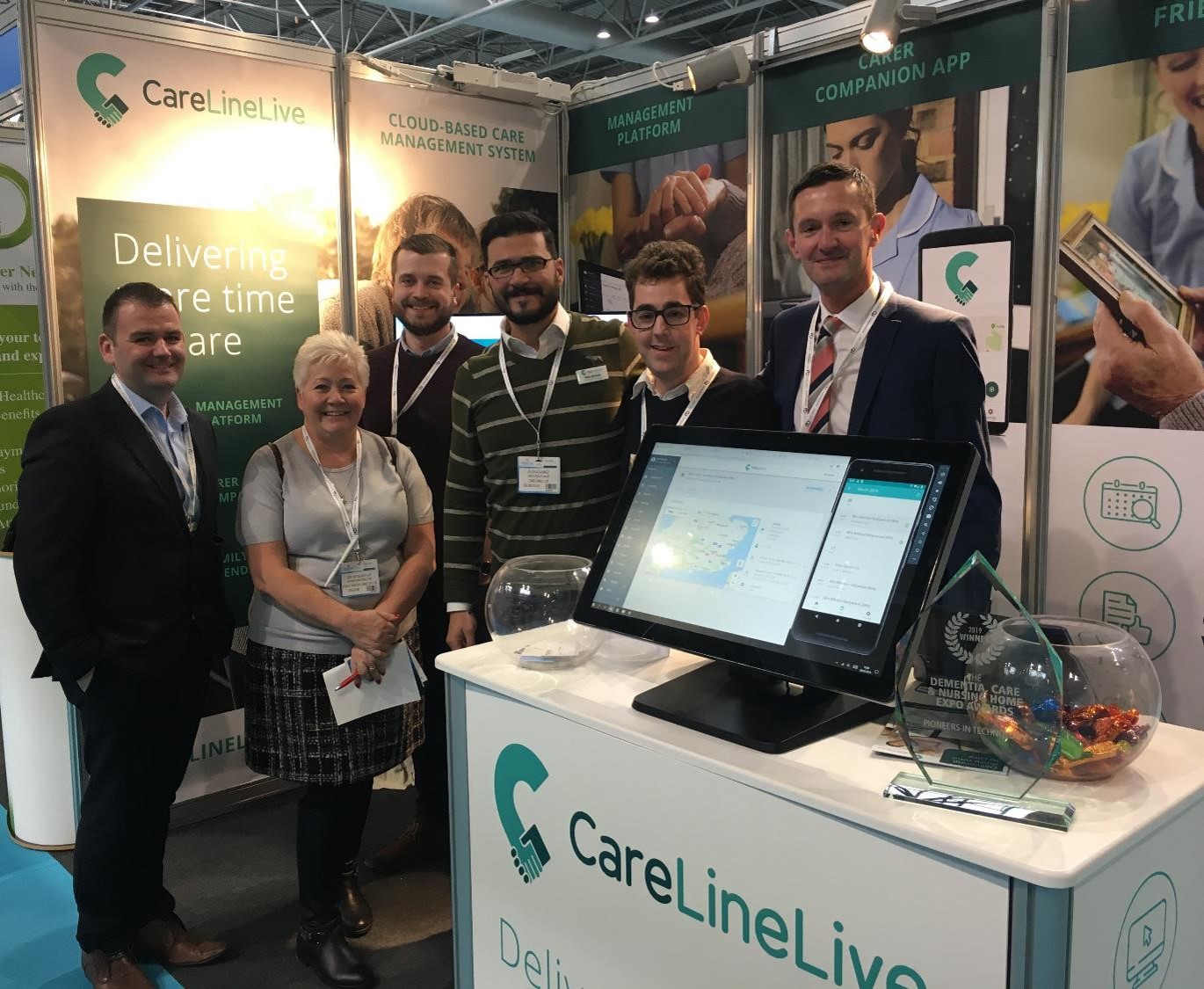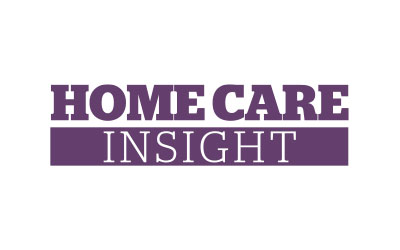At the conclusion of the first day, Stephen Kinnock, Minister of State at the Department of Health and Social Care, delivered a concise 4-minute video update. My primary observations revolved around his dedication to tackling the myriad challenges that both health and social care sectors currently encounter, which have persisted over several years. The significant highlights from his address were as follows:
- An acknowledgement that CQC are not fit for purpose
- An understanding of the eroading of investment
- A need for a National Care Service
- A need for collaboration between the NHS and social care
- Promoting the Home First Principle across the sector
- Focus on preventative ways of working
- Focus on workforce sustainability
Day Two
On the second day of the Care Show at the NEC Birmingham, a palpable sense of positivity fills the air, marking a hopeful recovery from the challenges of the past few turbulent years. The primary objective of the day was to delve into the current state of the sector and explore strategies for enhancement. My main focus was to gain insights into the long-term outlook for social care.
The atmosphere is tentative, even tense, in this regard, with frequent mentions of England lacking a regulator that is not fit for purpose, a sentiment that has been reiterated numerous times in the last two days. Despite the prevailing apprehension, there is a glimmer of hope that the new Labour Government is somewhat dedicated to establishing a National Care Service. The prevailing message here is one of cautious observation and patience.
The future of social care: What will a new government bring to the sector?
This panel talk was lead by George Appleton, Head of External Affairs for SCIE (Social Care Institute for Excellence). The knowledgeable panel consisted of Caroline Gerlich, CEO of The Care Workers’ Charity, Vic Rayner, CEO of the National Care Forum and Nadra Ahmed, Executive Chairman of the National Care Association.
There was much talk and indeed frustration with the snails pace of reform that the sector faces and what this new political chapter may bring to social care. Again, there was reference to the severity of the current state of the CQC, eroded investment in the sector and the need for real collaborative working between all parts of the sector.
Significantly, there was mention of a National Care Service, raising concerns about the importance of having a clear and well-defined development strategy to prevent potential negative effects from cascading through this new initiative. The feeling was that there is not enough regional and national infrastructure currently in place for success in the development of a NCS.
The Fair Pay Agreement has garnered attention on multiple occasions, emphasising the crucial need for discussions between employers and employees. Central to these discussions were issues concerning funding, skill recognition, and the demand for wages to align with responsibilities—an aspect that the industry has consistently advocated for since its inception.
Rumblings emerged regarding the necessity of a Royal Commission on Social Care. It was noted that this topic had already been addressed, and without thorough consultation across all levels of the sector, little progress could be expected from such an initiative.
It’s clear that the sector is keen to stand alone rather that being the long forgotten friend of the NHS. Questions raised included:
- How do we maintain the value of social care?
- When will the sec?
- When will the sector stop saying YES and start saying no?
- When will the sector get support monitoring of clinical supervision and related funding
It was pointed out that in the past people would arrive at a care home in a car, the story now is very different.
Improvements in oral care
Among the various exhibitors I’ve engaged with, one stood out significantly – Lura Care. They specialise in providing dentistry services for community-based care and home care, offering a refreshing approach to healthcare. Through my extensive research on dentistry for individuals requiring a visiting dental team I am optimistic that this initiative will significantly enhance the accessibility of dental care for clients under home care.
CQC update
QC’s Chief Inspector of Adult Social Care and Integrated Care, James Bullion, demonstrated composure and engaged with a large audience at the Care Show. Efforts are underway at CQC to rebuild trust with health and care providers, who currently lack confidence. Dr. Penny Nash’s recommendations are driving forthcoming changes, with a focus on transparency and openness. The new Single Assessment Framework will bring about clear assessments, quicker registration processes, and simpler reports. CQC is actively collaborating with local authorities and integrated care systems, aiming to enhance processes and fulfil statutory duties. Additionally, CQC is working closely with providers to improve the single assessment framework, focusing on defining quality care standards and creating accessible regulatory guidelines. Providers are encouraged to participate in shaping the new CQC, emphasising the importance of individualized care and feedback from stakeholders to enhance the assessment process.
Read our more detailed post on the CQC’s plans to rebuild trust and a framework that is fit for purpose.




